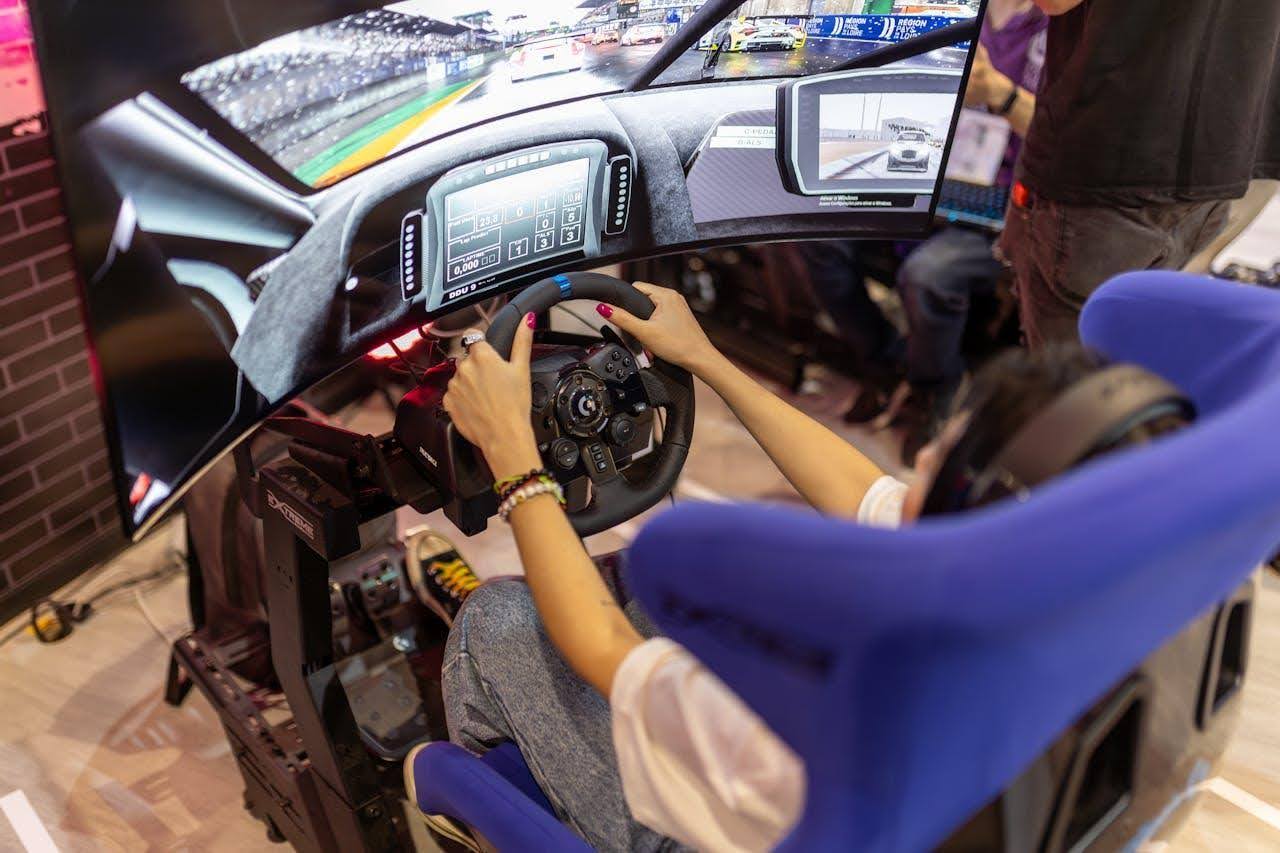Bingo, a game that has captivated players for generations, has undergone a remarkable transformation in recent years. From the bustling atmosphere of traditional bingo halls to the convenience of online platforms, this beloved pastime has adapted to the digital age while retaining its core appeal. Below we’ll explore the journey of bingo, examining its evolution and the factors that have contributed to its enduring popularity.
The Golden Age of Bingo Halls
In the mid-20th century, bingo halls became a cornerstone of community life in many parts of the world. These venues offered more than just a chance to win prizes; they provided a social hub where people could gather, socialise, and enjoy a shared experience.
The bingo hall was a place where friendships were forged, laughter was shared, and a sense of belonging was cultivated.
The Nostalgic Appeal
The unique ambience of bingo halls, with their rows of tables, daubers, and the anticipation of each number call, created a memorable experience many still fondly recall.The rhythmic chant of the caller, punctuated by occasional shouts of “Bingo!” from triumphant players, formed the soundtrack to these entertainment evenings.
Regular players often developed their rituals and superstitions. Some had lucky charms they wouldn’t play without, while others insisted on sitting in the same seat for every game. These personal touches added to the charm of the traditional bingo experience, creating a rich tapestry of shared culture among the bingo community.
Bingo nights fostered a sense of belonging, with regulars forming friendships and support networks that extended beyond the walls of the bingo hall. For many, especially older adults, these gatherings provided a vital source of social interaction and community engagement. The bingo hall became a place where people could unite, share stories, and support one another through life’s ups and downs.
The Digital Revolution of Bingo
As the internet became more accessible, bingo found a new home online. This transition brought about several key changes that would reshape the bingo landscape. The most significant shift was in accessibility. Players could now enjoy bingo from the comfort of their homes at any time of day or night. This convenience factor opened up the game to a new audience, including younger players and those with busy schedules who couldn’t commit to regular bingo hall visits.

Online platforms also offered a wider range of games and themes, catering to diverse preferences. Players could choose from traditional 75-ball and 90-ball bingo, as well as innovative variations like speed bingo, themed games, and even multiplayer tournaments. This variety ensured that there was always something new and exciting to try, keeping players engaged.
Building Virtual Communities
Recognising the importance of the social aspect that made traditional bingo so popular, online bingo sites worked diligently to recreate this sense of community in the digital space. Integrated chat features became a staple of online bingo sites, allowing players to interact in real-time as they played.
These chat rooms became virtual gathering spaces where players could share their excitement over wins, commiserate over near misses, and engage in friendly banter.
Some platforms took the community aspect a step further by introducing live-streamed games with charismatic hosts. These hosts would call numbers, interact with players through chat, and create a lively atmosphere that mimicked the energy of a physical bingo hall. This human element helped bridge the gap between the digital and physical bingo experiences, making online play feel more personal and engaging.
Innovations in Online Bingo
The advent of smartphones and tablets further revolutionised the bingo industry. Dedicated bingo apps made the game even more accessible, allowing play on-the-go. Whether waiting for a bus, taking a lunch break, or relaxing at home, players could now enjoy a quick game of bingo with just a few taps on their mobile devices.
Moreover, online bingo platforms introduced various bonuses to attract and retain players, creating a competitive market where operators vied for players’ attention. Free bingo tickets became a common offering, allowing new players to try out games without risking their own money. Many players are also drawn to sites that offer bingo with no wagering requirements, allowing them to keep what they win without any additional playthrough obligations.
Progressive jackpots, a concept borrowed from slot machines, found their way into the world of online bingo. These accumulating prizes, which could grow to substantial sums, added excitement to the games. The possibility of winning a life-changing amount with a single bingo card kept players hoping to be the lucky ones to hit the jackpot.
The Impact on Traditional Bingo
While online bingo has grown exponentially, it hasn’t completely replaced traditional bingo halls. Instead, the industry has evolved, with many venues adapting to the changing landscape. Some bingo halls have adopted hybrid models, offering both in-person and online options to cater to a wider range of preferences. This approach allows them to maintain their physical presence while also tapping into the growing online market.

Many traditional venues have modernised their offerings, incorporating electronic systems alongside paper cards. These electronic bingo devices, often tablets or handheld units, allow players to manage multiple cards more easily and offer additional features like auto-daub. Some halls have also introduced themed nights, special events, and even entertainment beyond bingo to attract a younger demographic and compete with the variety offered by online platforms.
Despite the convenience of online play, physical bingo halls still attract players who prefer the tangible, social experience of in-person gaming. For many, especially older players, the bingo hall remains an important social outlet and a way to connect with their community. The tactile experience of marking paper cards and the immediate face-to-face interactions continue to hold a special appeal that digital platforms can’t fully replicate.
The Future of Bingo
As technology advances, bingo is likely to evolve further, embracing new innovations to enhance the player experience.
Virtual Reality (VR) technology presents an exciting possibility for the future of bingo. VR bingo halls could offer the best of both worlds, combining the convenience of online play with the immersive experience of physical venues. Players could don VR headsets to find themselves in a virtual bingo hall, complete with 3D environments, avatars representing other players, and interactive elements that go beyond what’s possible in traditional online or physical bingo.
Artificial Intelligence (AI) is another technology that could significantly impact the future of bingo. AI algorithms could personalise the gaming experience, suggesting games and bonuses based on individual player preferences and behaviour patterns. This level of personalisation could make the game more engaging and tailored to each player’s tastes, potentially increasing player retention and satisfaction.
Blockchain technology and cryptocurrencies may also play a role in the future of bingo. Implementing cryptocurrency payments could offer players increased privacy and potentially faster transaction times. Moreover, blockchain’s inherent transparency could be leveraged to create provably fair gaming systems, further enhancing trust between operators and players.














